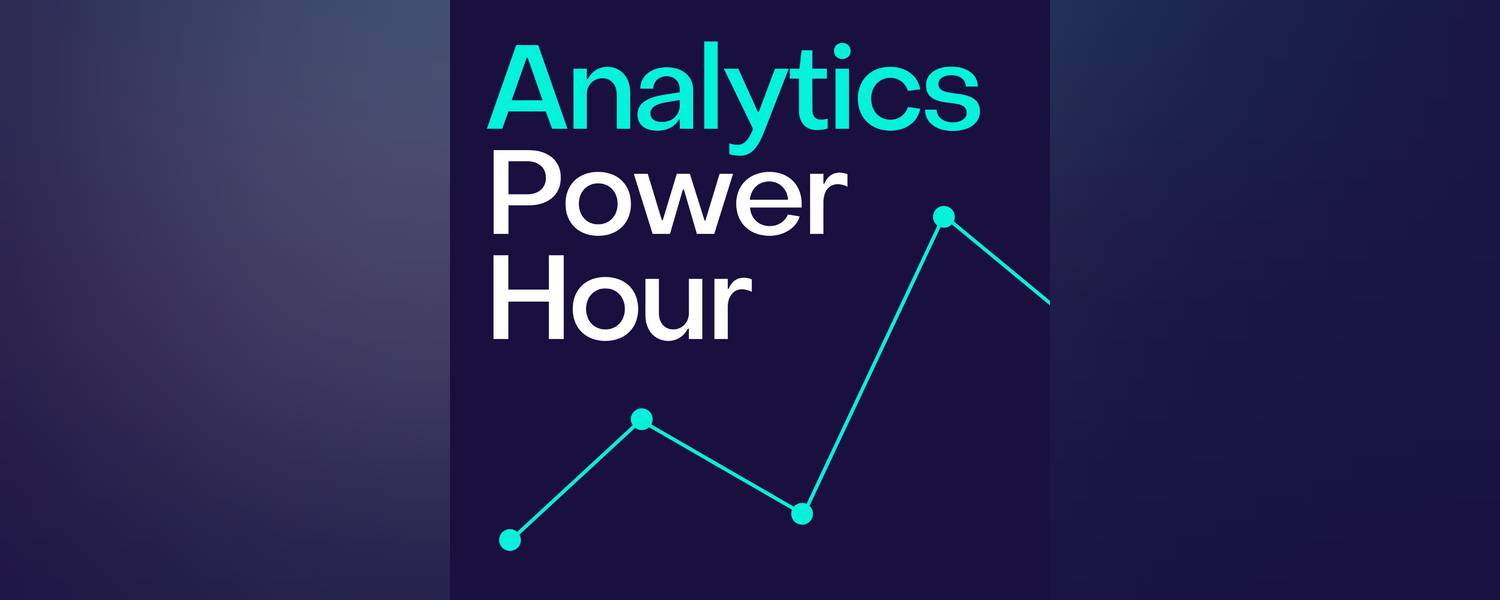The Analytics Power Hour
⚠️ Any content within the episode information, snip blocks might be updated or overwritten by Snipd in a future sync. Add your edits or additional notes outside these blocks to keep them safe.
Your snips
[03:41] Essence of Behavioral Science
[05:10] Google's Snack Proximity Experiment
[06:30] Seinfeld's Morning vs. Night Guy
[09:11] Behavioral Data vs. Self-Reporting
𝗧𝗼𝗱𝗮𝘆'𝘀 𝗣𝗼𝗱𝗰𝗮𝘀𝘁 𝗜𝗻𝘀𝗶𝗴𝗵𝘁 𝗥𝗲𝗰𝗮𝗽🎙️
Just wrapped up this episode:
𝗣𝗼𝗱𝗰𝗮𝘀𝘁: The Analytics Power Hour 𝗘𝗽𝗶𝘀𝗼𝗱𝗲: It Might Be Irrational, but Let's Talk Behavioral Science with Dr. Lindsay Juarez 𝗗𝗮𝘁𝗲: June 3, 2025
𝗞𝗲𝘆 𝗧𝗮𝗸𝗲𝗮𝘄𝗮𝘆
Behavioral data trumps self-reported data in understanding user decisions. While people create rational narratives for their choices, actual behavior is often influenced by environmental factors like proximity that go unnoticed in self-reporting.
𝗪𝗵𝘆 𝗜𝘁 𝗠𝗮𝘁𝘁𝗲𝗿𝘀
For data scientists and analysts, this insight is crucial when designing user research methodologies. Relying solely on user interviews or surveys might miss critical behavioral patterns that only tracking actual actions can reveal. This has significant implications for product development, UX design, and business strategy.
𝗥𝗲𝗳𝗹𝗲𝗰𝘁𝗶𝗼𝗻 🧠
This makes me reconsider how we approach user feedback in tech projects. Sometimes what users say they want isn't aligned with their actual behavior. The Google snack experiment is a perfect example of how simple environmental factors can have more impact than conscious decision-making.
To get the full insight, check out the episode!
#DataScience #Finance #MachineLearning #AI #CareerGrowth #TechLeadership #DecisionMaking #AnalyticsPowerHour #BehavioralScience

